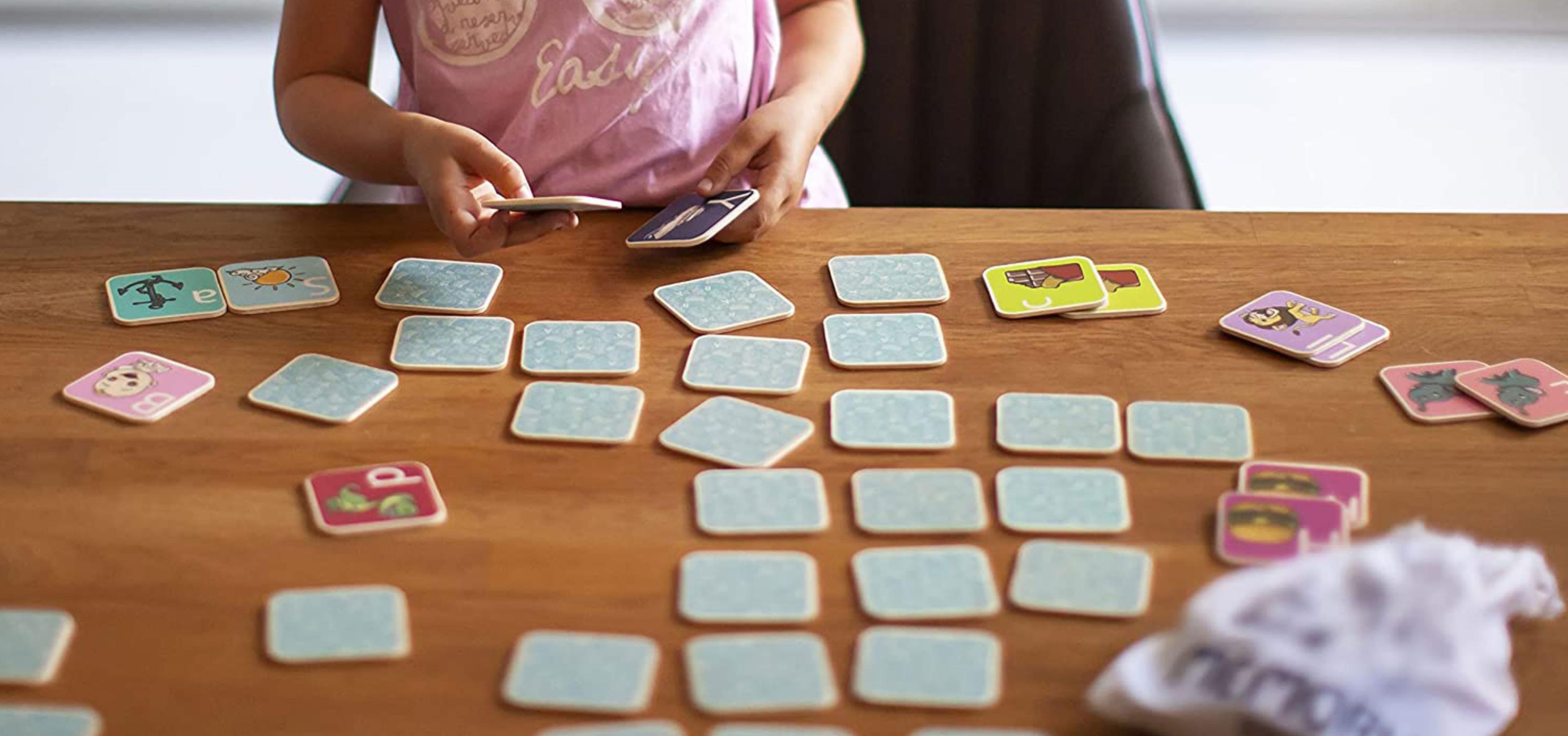In Montessori education, the use of memory games is a powerful tool for helping children develop their cognitive and problem-solving skills. One popular memory game used in Montessori education is the memory game of numbers.
Overview of Memory Game of Numbers in Montessori
The memory game of numbers is a game that involves matching pairs of number cards.It is used to help children develop their memory and concentration skills, as well as their problem-solving and cognitive abilities. The game is often played in small groups, allowing children to work together and learn from one another.

How is it played:
- The cards are placed face-down on a table
- Invite the child to turn over two cards at a time in an attempt to find a matching pair.
- If a matching pair is found, the child keeps the cards, and if not, the cards are turned back over and placed back on the table.
- The game continues until all pairs have been found.
Benefits of Using the Memory Game of Numbers in Montessori
- Promotes memory and concentration skills - Children must remember the location of the cards they have turned over in order to find matching pairs, which requires concentration and focus.
- Promotes problem-solving skills- Children must use trial and error to find matching pairs, which encourages them to think creatively and develop problem-solving strategies.
- Promotes cognitive abilities - Children must recognize and identify numbers, which helps them develop their understanding of basic maths concepts.
- Promotes social skills - Children learn to work together and communicate with one another in a cooperative and collaborative manner.
The memory game of numbers is a fun and engaging way to learn, and can be adapted to suit the needs and abilities of children of all ages and skill levels. By incorporating the memory game of numbers into the Montessori curriculum, educators provide children with a powerful tool for learning and development.

